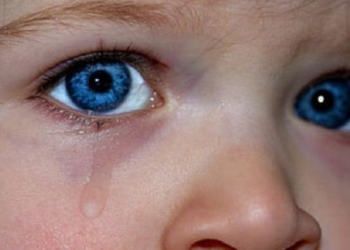
It’s a truism that we take our health for granted and this is particularly so of our attitude toward maintaining the health of our eyes. For most of us, it’s only when our sight is impaired that we do something about it. We devote a lot of energy to efforts to retaining our youthful looks, it’s time we gave rather more thought to looking after our eyes.
1) Take regular exercise
Regular exercise can reduce the risk of macular degeneration, cataracts and glaucoma. Cardiovascular exercise helps reduce pressure in the eyes and protects the retinal ganglion cells. Exercise also increases the flow of blood to the optic nerve and the retina. Eye disease and problems with vision are the result of high blood pressure and high cholesterol. Regular exercise and a healthy diet are two of the most important ways in which you can reduce high blood pressure and high cholesterol.
2) Stay hydrated

We drink plenty of coffee, tea and alcohol but we don’t drink nearly enough water. Drinking water has multiple benefits, including healthy skin and improved brain function and it’s also vital to maintaining the health of your eyes. It is recommended that you drink eight glasses of water per day. To do this will probably take a conscious effort, so if you find that you are simply forgetting to drink enough water then try using an app. This is a great way to track your water intake and if you do forget, the app will send you a notification advising you that you need to drink more.
3) Wear sunglasses
Sunglasses protect your eyes from dangerous UV rays which are the cause of a range of eye problems, such as skin cancer around the eye, cataracts and macular degeneration. UV rays are at their most intense in the middle of the day, but they are not just a danger from overhead sun, up to 80% of harmful UV rays can be reflected from other surfaces such as water, snow, sand or concrete. Normal prescription glasses in high UV environments aren’t enough to protect your eyes, prescription sunglasses are a safer option in these situations.
4) Get your eyes checked regularly
There are no discernible symptoms of early glaucoma and by the time you are aware that there is a problem you may have suffered permanent loss of vision as a result of the disease. Only an eye examination, carried out by a qualified professional, can detect the high eye pressure which is an early indicator of potential problems. An eye examination can also provide early warning of other diseases such as diabetes or cancer.
5) Make sure you are getting enough sleep
The body needs eight to nine hours of sleep each night in order to rest and repair. Your eyes are working all day long and because of our dependence on screens our eyes are placed under more strain than those of previous generations. Sleep restores the natural lipid layer on the surface of your eyes and allows the eye muscles to relax and recover.













